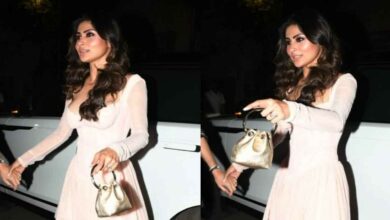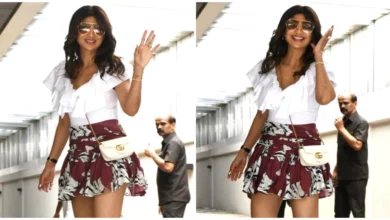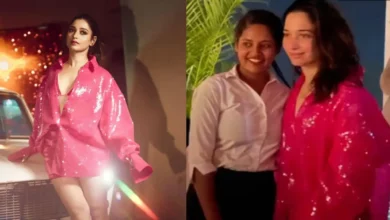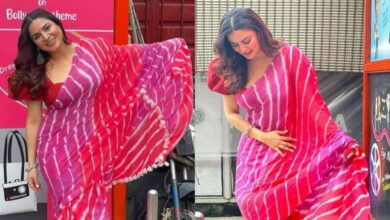Sustainable Fashion Brands In India

We have always looked at the Fashion industry as glamorous and attractive and thus we turn a blind eye to the amount of wastage it produces as an industry. We have been very oblivious to the amount of devastation it causes, not just in terms of waste generation but also how it exhausts numerous natural resources which falls hazardous for our environment.
20% of wastewater and 10% of carbon in the entire world is just from the fashion industry. More than 150 million trees are cut to make fabric every year which is again disposed of. The industry also uses up more than 93 billion cubic meters of water which is sufficient to be consumed by 5 million people. With an increase in fast fashion; which is a new collection every week or two, where customers keep purchasing “present-day” or newest fashion to stay updated, ignorantly causes high volumes of waste as the fashion of today would not be relevant after some time. These collected wastes gradually end up in landfills releasing toxic methane gas. The economic, social, and environmental cost of the fashion industry is something, we all should question. We need Conscious fashion to replace fast fashion and need to be more aware of the choices we make. Conscious or sustainable fashion includes a lot of concepts which are;
- Secondhand and vintage clothing
- Repair, redesign, and upcycle
- Rent, lease, and swap clothing
- Fair and ethical trade (artisanal crafts, animal rights, and production)
- Green and clean (using natural dyes instead of chemical ones, using eco-friendly fabrics) Providing the laborers fair wages along with proper human rights, and working conditions.
It is due time that we move to start moving towards more ethical, significant, and responsible fashion choices.
Ethicus
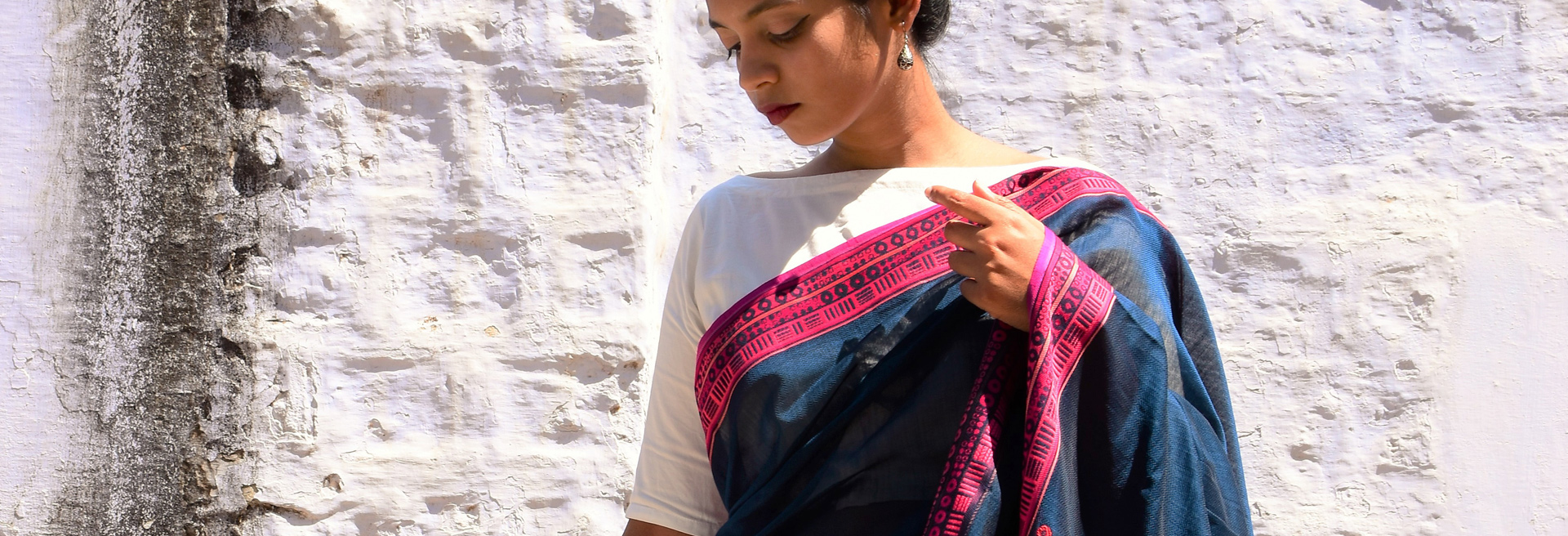
Vijyalakshmim Nachiar launched her label Ethicus back in 2009 which became the first ethical fashion brand. The brand interestingly got India’s first cotton contract farming model to yield organic cotton and made “SKS Appachi Eco-logic cotton” which is IMO Control certified. More than 800 farmers, 50 weavers, and a team of designers are behind the success of Ethicus, who solely use organic cotton, eco-friendly dye, and ethical silk (“Ahimsa silk”, obtaining silk without killing silkworm). 2% of the total revenue generated by the brand goes into the education of the children of weavers and artisans. They keep growing as a socially and environmentally responsible brand.
No Nasties
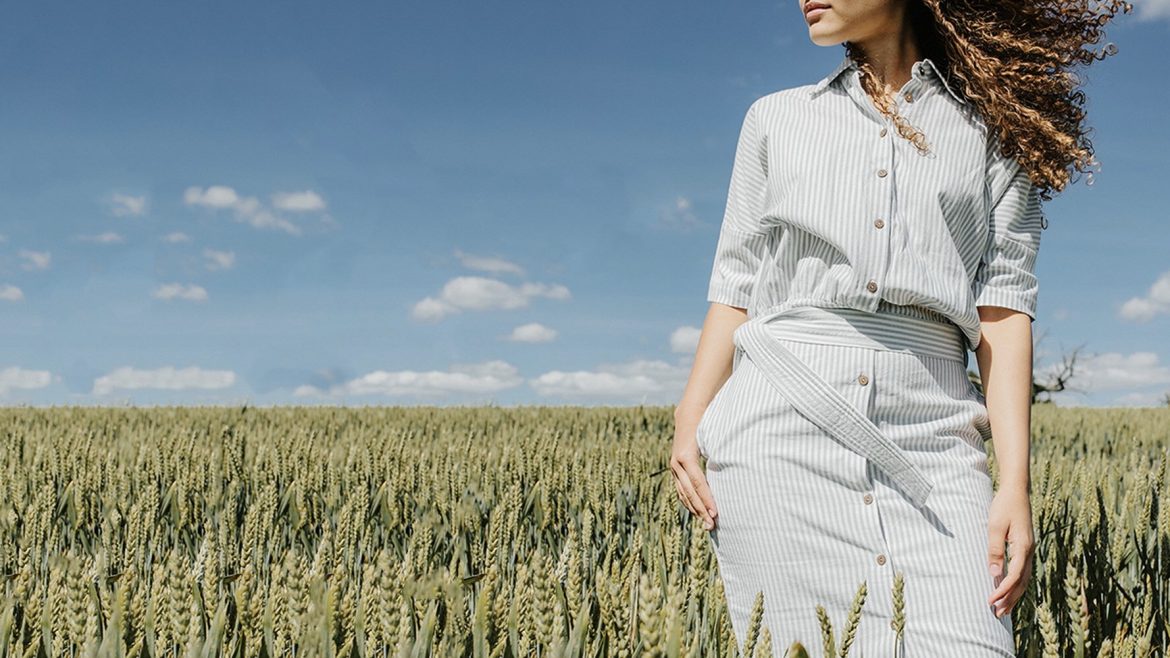
Apurva Kothari’s label “No Nasties” came to life in 2011 with a unique design philosophy that revolves around comfortable and timeless clothing. The brand emphasizes organic cotton, 100% vegan production. They dispense their merchandise in reusable cloth along with a handwritten note which is thus zero plastic packaging. Apurva believes in non-conservative designs that fit all body types and shapes. The brand provides a perfect blend of soft, high-quality organic cotton in rustic aesthetic colours. No Nasties highlight fair trade practice with farmers and believe in a positive work environment. They are globally present across 15+countries and online on nonasties.in catering to men, women, and children.
Ka.Sha
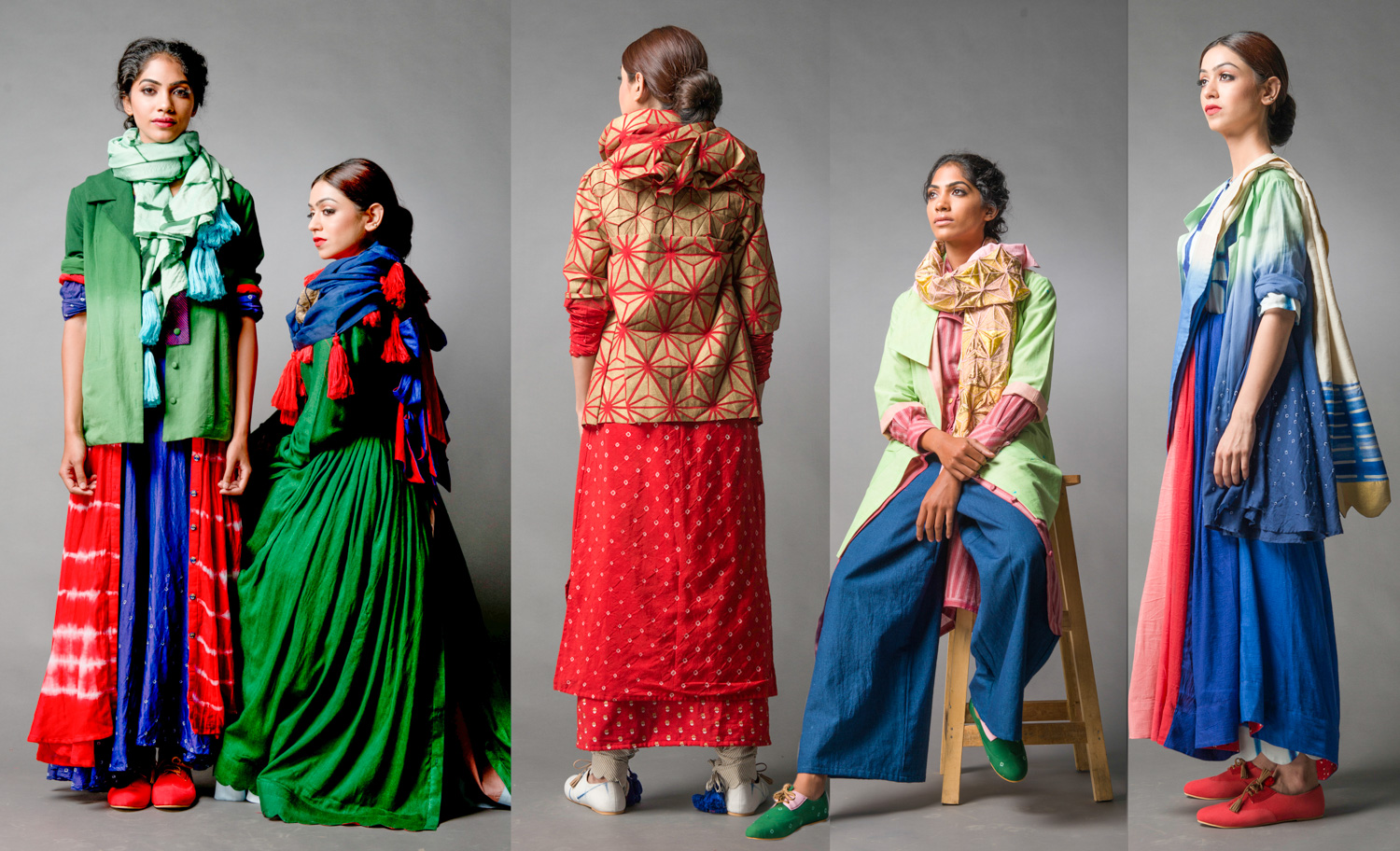
Karishma Shahani believes that sustainability should be applied to people all across the fashion cycle and not just during the procurement of materials. Her brand “Ka.Sha” traverses around new ways and techniques to source materials consciously along with upcycling and waste management at the core of the brand. An initiative “Heart to Haat” was started to reinvent and upcycle lifestyle and clothing products. The multi-layered culture which is trendy and earthy can be seen through all her collections which are available offline as well as online on Ogaan and Pernia’s pop-up shop.
Nicobar
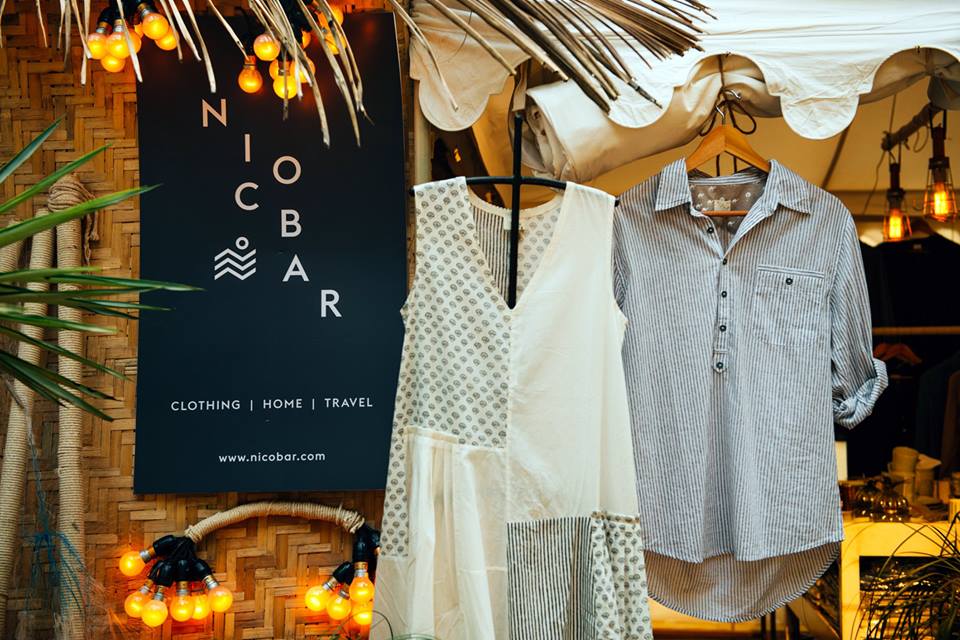
Good Earth’s sister brand “Nicobar” was brought in the markets by Simran Lal and Raul Rai which has a very relaxed and tropical vibe. The brand blends in the diverse cultures and crafts using organic cotton and fibers from bamboo which is contemporary yet very playful. The brand focuses on rich natural beauty to create a distinction by emphasizing the use of recycled materials. Nicobar has a line of recycled glass homewares made by melting down and reshaping unwanted products and another one is a woolen collection made from recycled wool and leftover pieces. The design philosophy of the brand is timelessly designed to last that is inspired by nature.
The Pot Plant
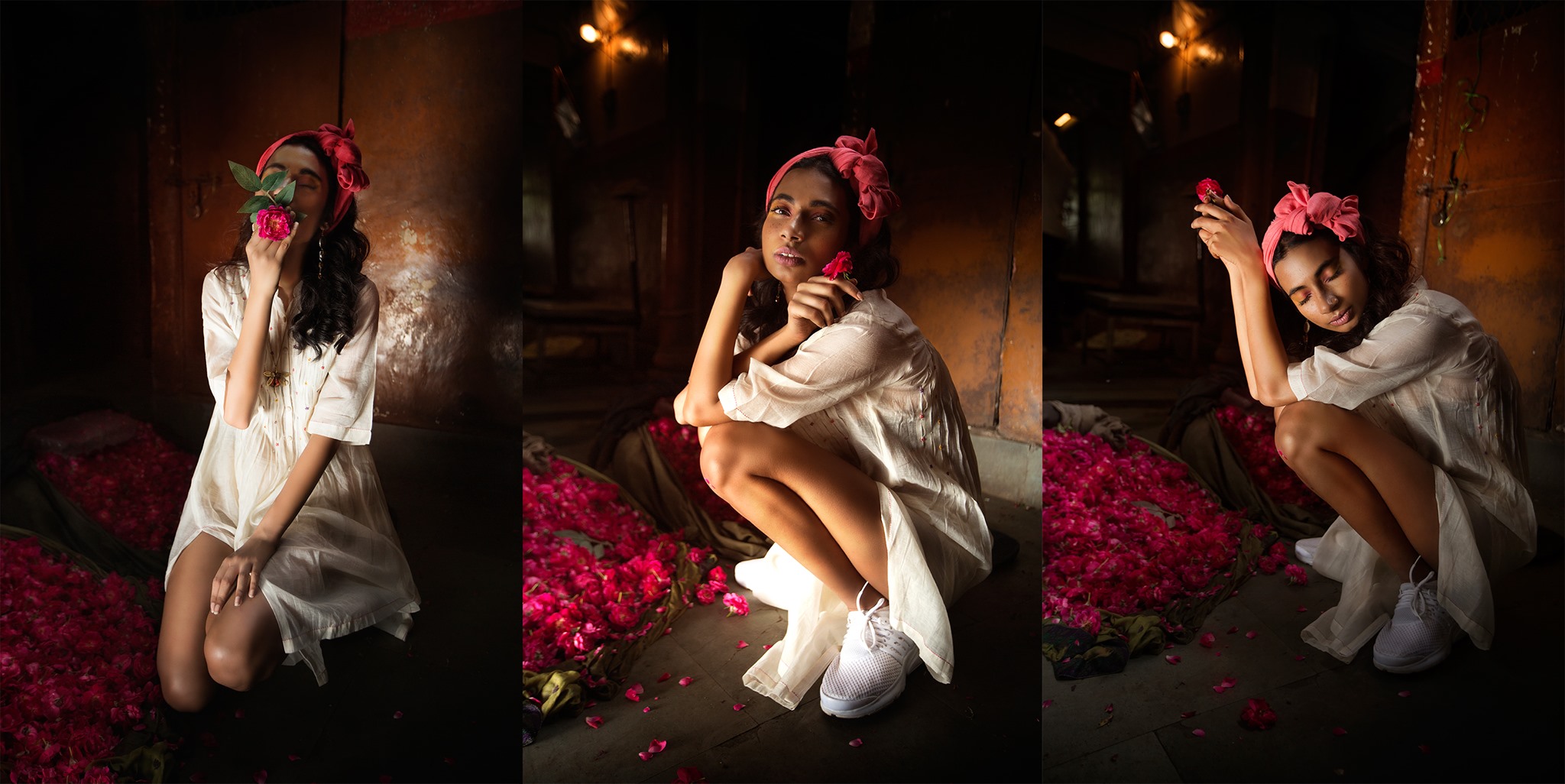
“Fuss-free and easy clothing” is what “The Pot Plant” aims at. The label was brought to life by Resham Karmchandani and Sanya Suri with an idea of making airy, breathable, age-neutral, comfortable garments with billowy fits. Made with 100% cotton so that the clothes last a while and become a consumer’s second skin. The Pot Plant makes garments by upcycling and reusing to ensure zero waste and have green living with their eco-friendly collection.
Nimboo
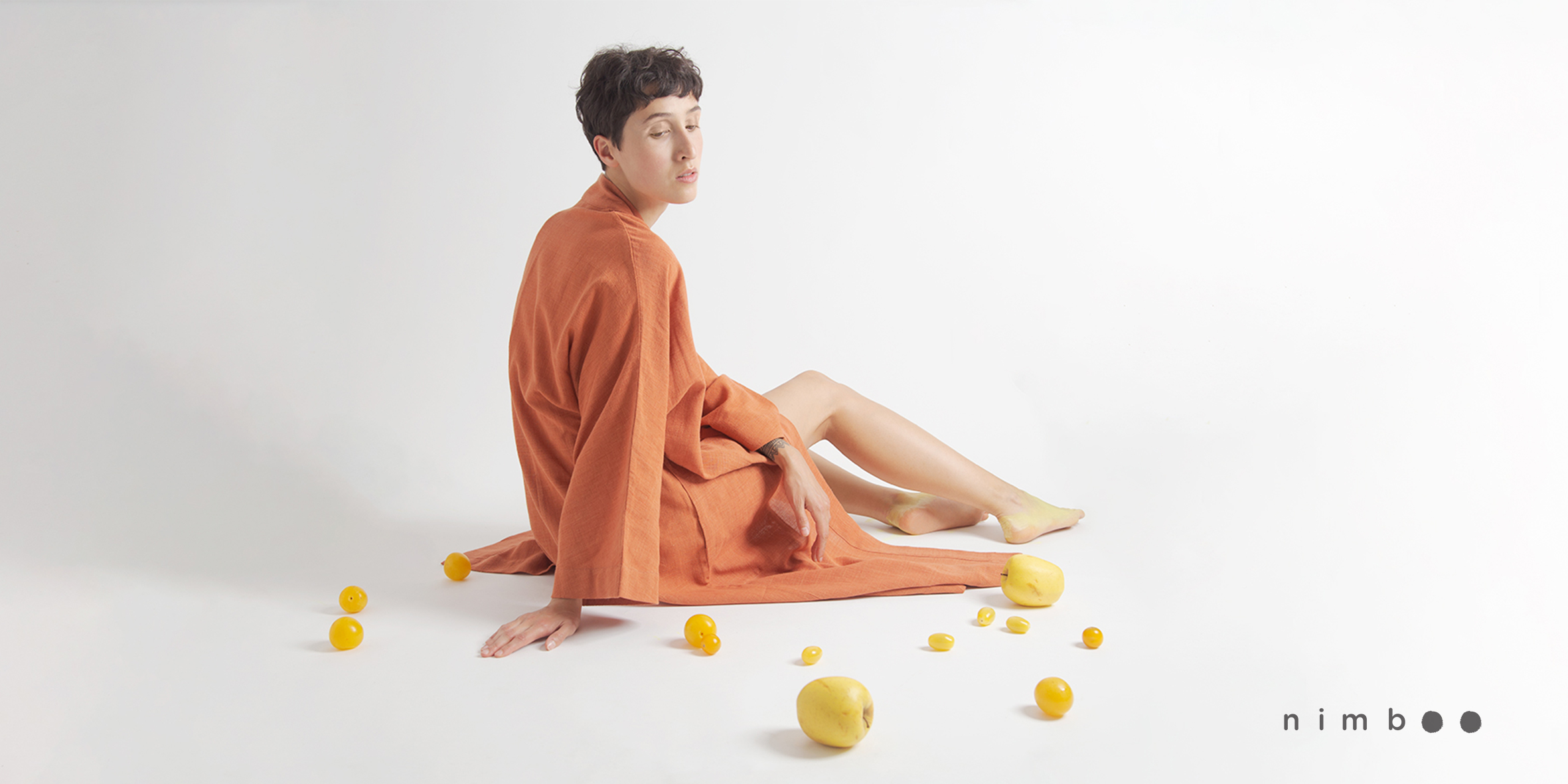
Founder of Nimboo, Saurabh Mahajan truly believes in creating responsible values for the future with positive social and environmental impact. He says by recycling, low energy consumption, low water consumption by reducing carbon footprint we can give back to nature. He ensures laborers are paid a fair wage and they do always make fresh production according to need and demand, not keep inventory stocks. The brand maintains the philosophy of re-developing traditional fiber and reusing saree fabric to make their garments.
Grassroot
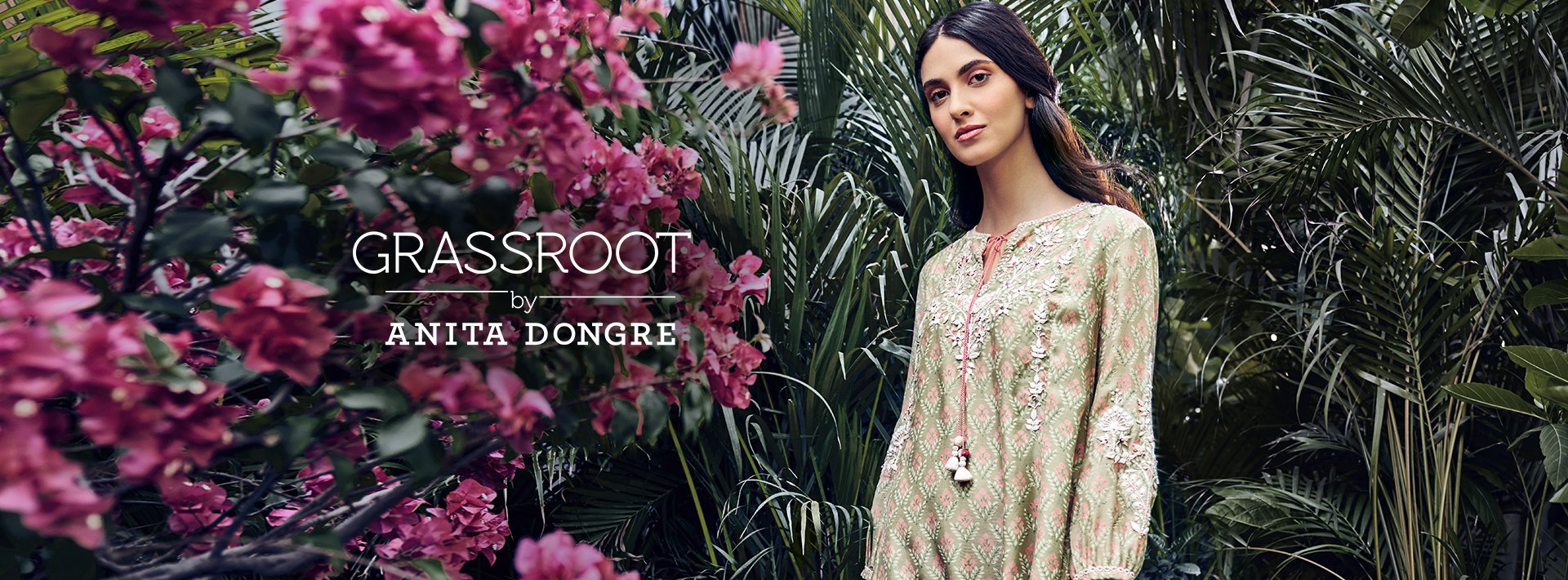
Anita Dongre emphasizes artisans and not seasons. She believes in giving back to the planet much more than we take from it and that we need to return to a simpler, slower pace of life. Sustainability for her is about attention to detail. Her label “Grassroot” is a portrayal of love, patience, a slow fashion which is also timeless. Anita as a person is a strong PETA supporter and thus has never inculcated fur or leather in any of her garments. She does all her sketches digitally and has strict guidelines on reusing water, reducing carbon footprint, and utilizing fabric waste. Her foundation also planted twenty-five thousand trees back in 2018, in Bassi Wildlife Sanctuary, Rajasthan. The brand’s headquarters in Mumbai operates on energy conservation and makes sure to reduce carbon footprint.
House of Wandering Silk
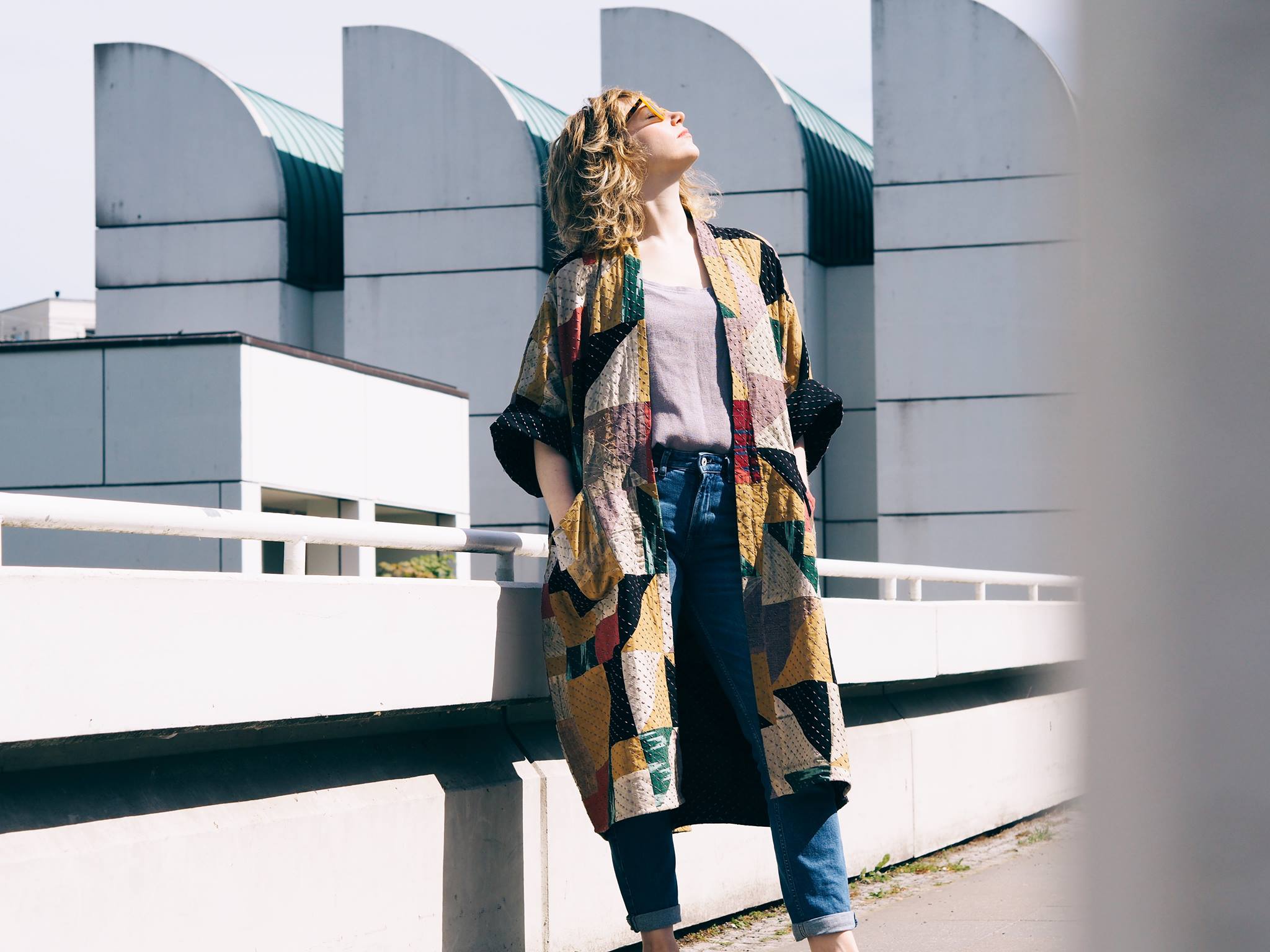
Katherine Neumann started up her label in 2011 after heavy research about how she could identify artisans, craftsmen, and promote their skills. She says that all her products are the outcome of upcycled materials which are handmade, one of a kind without any wastage of any materials. She firmly believes that her brand is more of a social enterprise that takes weavers along on joyride, supports local artisans, and promotes indigenous crafts that are vintage, authentic, and beautiful. Kathrine also reinforces women workers, and people from NGOs who want are ambitious to make a living.
Sui
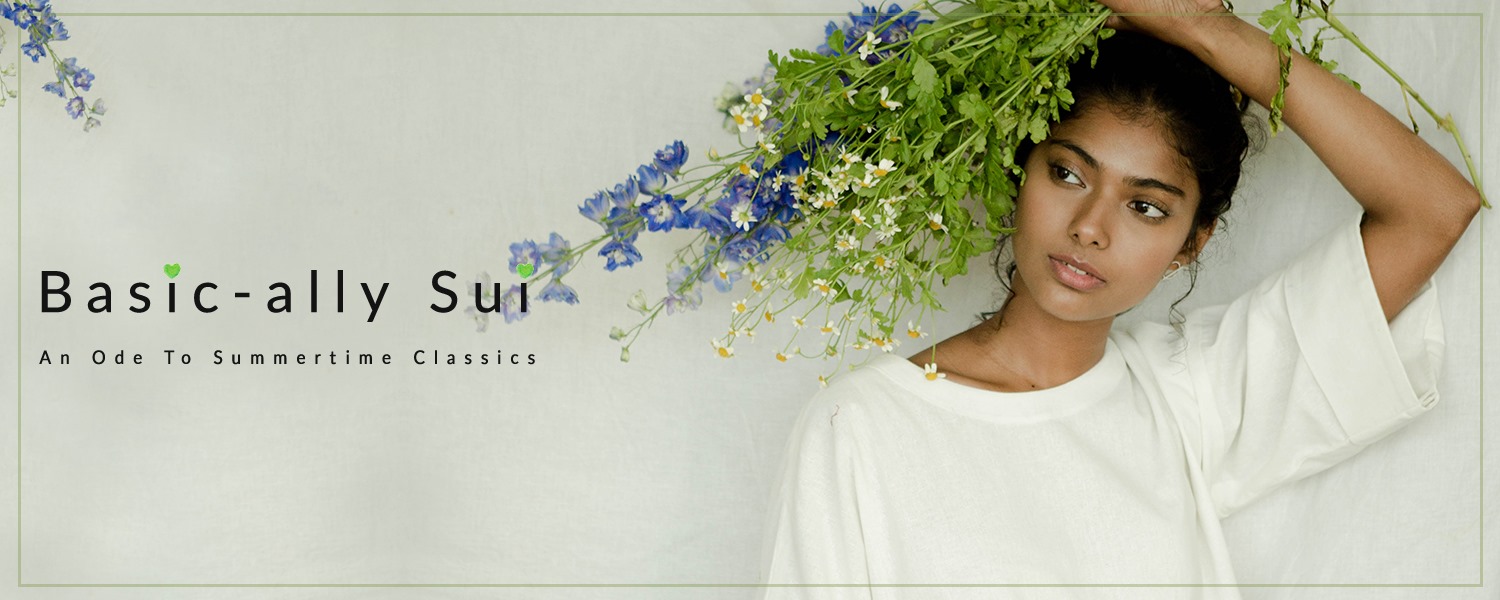
The brand “Sui” which in Hindi means “needle” was started with a concept of bridging the space between nature and fashion by Mahima Gujral Wadhwa. The brand completely operates on handwoven fabrics and khadi only. “Hemp fabric” was introduced from a cannabis plant that consumes 400-500 fewer times water than any other fabric. This was further used to make only 15 pieces suiting all body types and shapes. They only use natural dyes and azo-free dyes. Mahima always was keen on coming up with her brand which was thoughtful, breezy, sustainable yet very accessible and affordable by people.
11:11

The label 11:11 (eleven: eleven) was brought in by Shani Himanshu and Mia Mori Kawa with a conviction of meaningful fashion garments that would also be ethical. They build a relationship with farmers, weavers to artisans who share the same belief. The brand distinctively uses old coins as 25paise, 50paise for making the buttons of khadi-denim. They work around with handspun cotton, khadi-denim, 200-count hand cotton, ahimsa silk in fabrics along with handlock printing and vegetable dying using 100% natural dyes.
Upasana
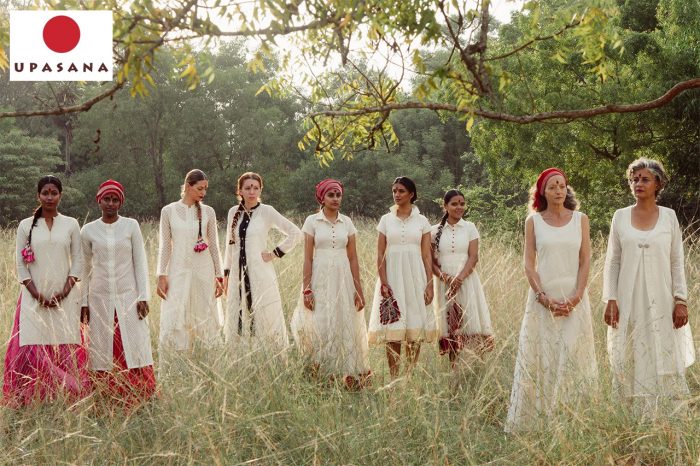
The brand “Upasana” was set up by Uma Prajapati, who holds the opinion that fashion has the power to change lives. She is very aware of the repercussion of the damage caused by the fashion industry. Her label Upasana is a contemplation of her views and thus the brand operates with organic cotton, khadi, ikat, patchwork, indigo dye, and ayurvedic textiles. They also make accessories of the upcycled materials and leftovers in addition to replacing plastic bags with compact bags. She always looks forward to socio-economic issues like farmer’s suicide and minimalism of the waste generated by us.
Bodice
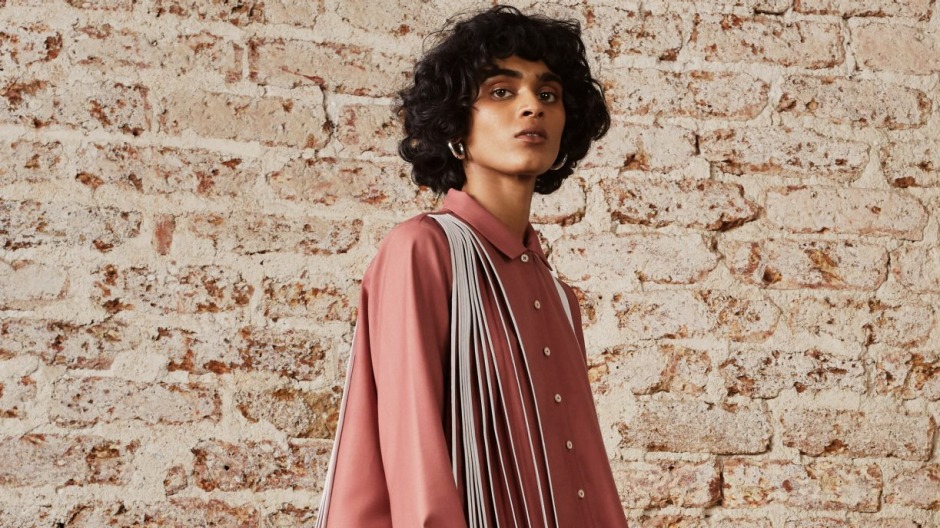
Ruchika Sachdeva’s brainchild “Bodice” came up with eccentric ideas. At Bodice, they incorporate traditional craftsmanship and cutting edge technology. She’s also a Woolmark Prize Awardee who makes reversible clothing to extend the garment’s wearability, eco-microbial clothing that is sustainable, breathable, sweat-wicking technology. Ruchika believes that sustainability is deep-rooted in the brand.
Chola
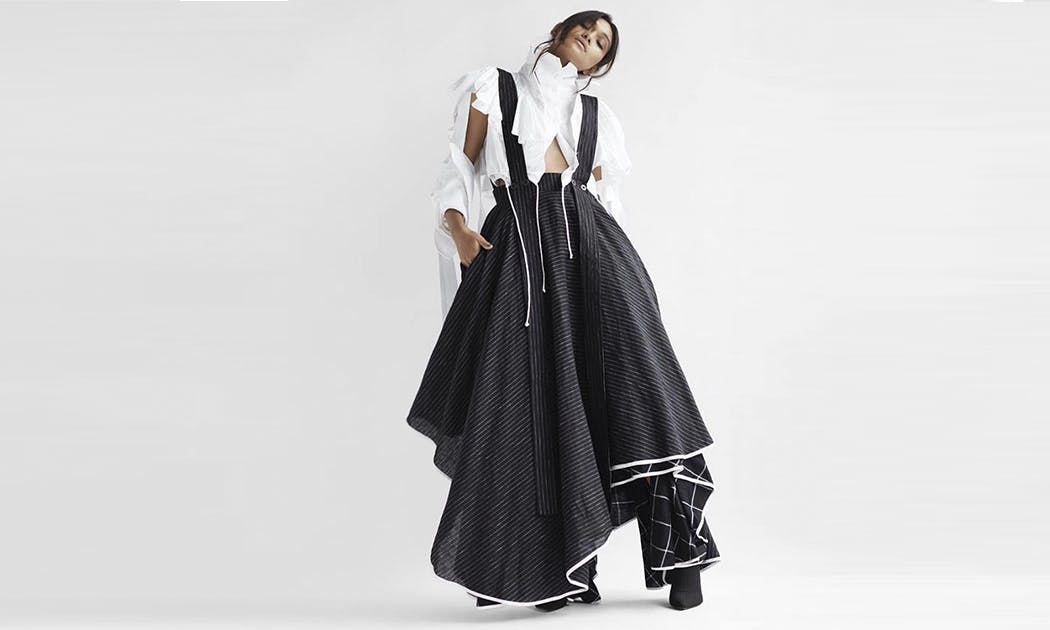
Sohaya Mishra’s line solely focuses on clothes that are super stylish but are comfortable by also acknowledging that the brand puts in conscious efforts to support the environment. Keeping in mind her design aesthetics which are clean lines, fluid yet structured garments with simple yet beautiful silhouettes in linen and pure cotton are absolute bliss. “Chola” understands that customers today need pieces that are easy to wear, comfortable, and still affordable. The brand makes an effort to make all their merchandise out of post-consumer waste fabric and recycled cotton by keeping the integrity of the fabric alive and still be fabulous!
Shift
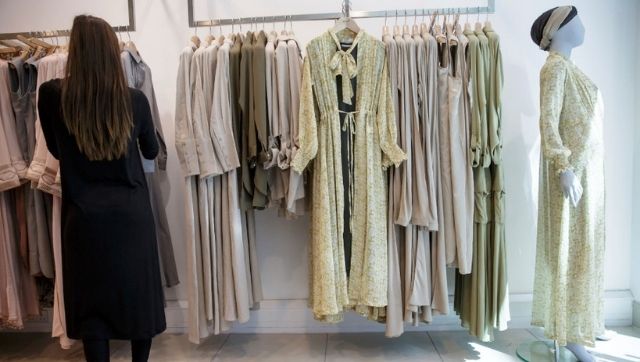
Nimish Shah inaugurated his label “Shift” with a passion for conservation and an eco-friendly approach to business. The brand plays around with minimal aesthetics with an elementary design for customers who want premium clothing that looks amazing and is comfortable. Shift is also very conscious about using sustainable fabrics, end of line fabrics, and pattern cutting to reduce wastage. They also keep re-use, recycle, reduce, and DIY as their key philosophy.
Doodlage
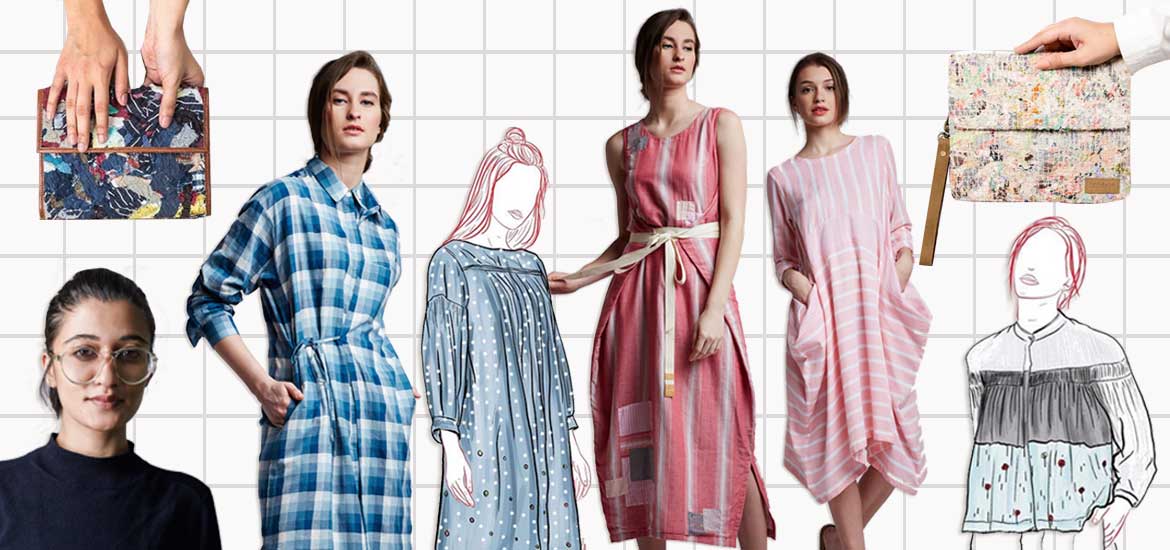
The vision behind establishing Doodlage by Kriti Tula was to blend exclusive high street fashion and sustainability. The idea beyond this whole concept started when Kriti was interning at an export house and she saw the pile of textiles laying around and going to waste. She wanted to work around with post-consumer waste and post-cut scraps to construct new fabrics. She firmly believes that sustainability can be applied from acquiring materials to bringing them to customers at all stages. Doodlage’s objective is to minimize production waste, work at redesigning, re-constructing, re-cycling good quality second-hand clothing from industrial waste. The brand makes a lot of accessories from the tiniest of scraps sourced from the stack of unwanted fabric pieces.

